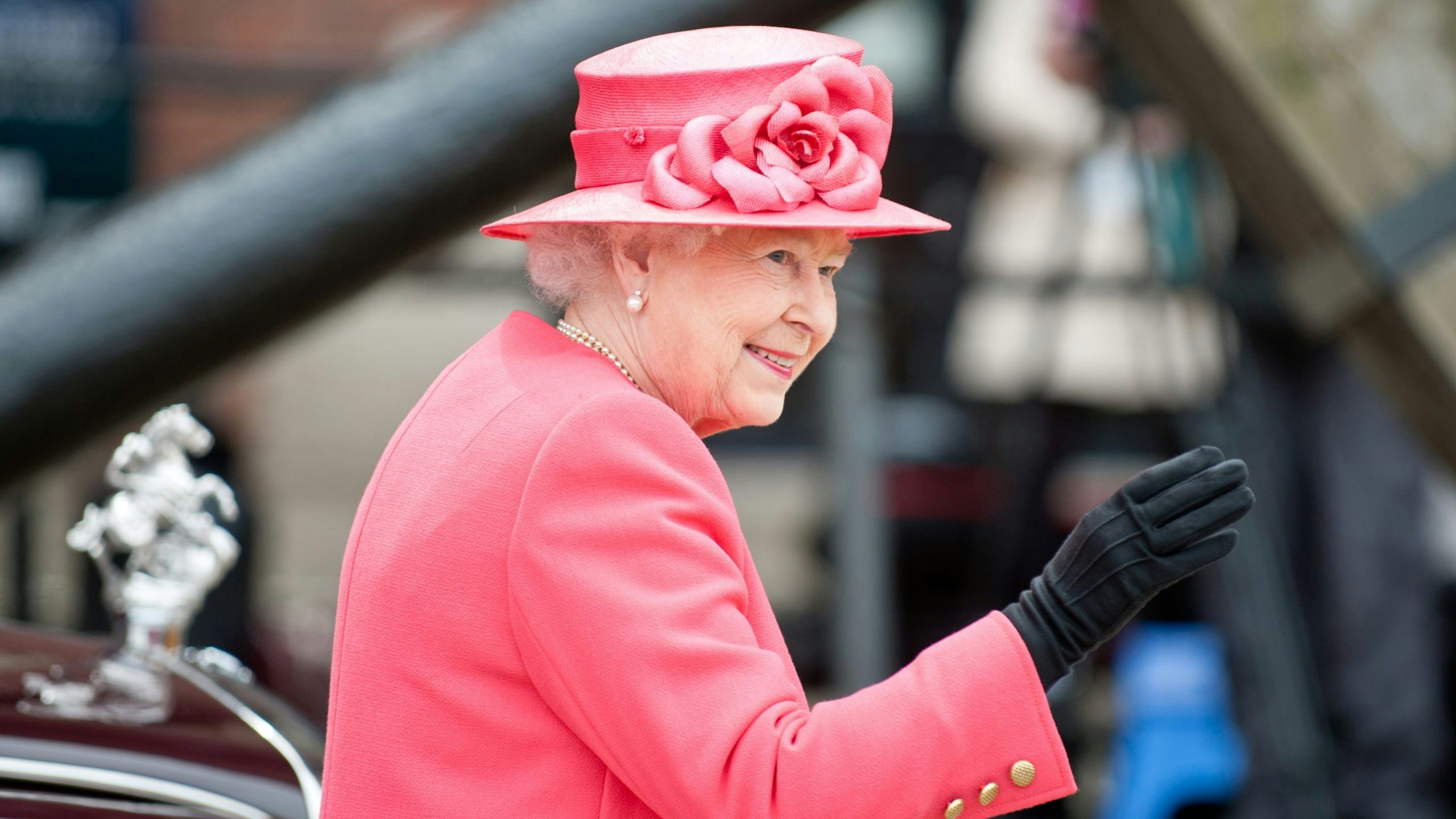Singing of “God Save the Queen” broke out outside the gates of Buckingham Palace on Thursday evening. On September 8, Queen Elizabeth II, the monarch of the United Kingdom and head of the Commonwealth, was announced dead at the age of 96.
Upon her death, her son Prince Charles has immediately become king. Prince William, Duke of Cambridge, is expected to assume Charles’ title as the Prince of Wales.
This marks the end to a historic 70-year reign — the longest of any monarch in British history and the second-longest in world history after France’s King Louis XIV. In her nine decades, the Queen had lived through countless landmark moments, from World War II (she was the only woman from the British royal family to serve in the Armed Forces), to the decolonization of Africa and the Caribbean, to the invention of the World Wide Web. Ascending the throne at just 25 years old, she was known for her life of service, dedication, and duty.

Her reign was also instrumental in promoting bilateral ties between China and the UK. In fact, Queen Elizabeth was the first British sovereign to visit China in 1986, following the agreement that sovereignty of Hong Kong would be returned to China in 1997. Since her first and only visit to the mainland, China has become one of the UK’s largest trading partners while the UK has “led the way for China’s relations with the Western world,” as a former Chinese ambassador to the UK put it.
Earlier this year, President Xi Jinping congratulated the leader on 70 years on the throne as well as 50 years of diplomatic relations at an ambassadorial level. “I hope that the two sides take this opportunity to deepen friendship and mutual trust, expand exchanges and cooperation, [and] work together to promote international solidarity.”
In China, news of her death has started spreading on Weibo. Two hours of the news, the hashtag “The Queen of England passes away” (#英国女王去世#) has received over 230 million views, with netizens leaving comments like “another era has come to an end” and “she has become part of history.”
However, other posts point out that her death comes at a difficult time for the UK. As a Global Times journalist wrote, “She is leaving at a time when the UK’s GDP has been surpassed by India, inflation and strikes are adding to worries, and the most illiterate prime minister has been ushered in…the UK is no longer where it was when she ascended the throne.”
Indeed, relations between London and Beijing have cooled in the past decade. Britain has shifted from being a friend to fierce critic, blasting Beijing’s trade practices, banning Huawei from joining the UK’s 5G network over espionage concerns, and boycotting the Beijing Winter Olympics over alleged human rights abuses in Xinjiang. Now, the appointment of Liz Truss as prime minister — one of the Queen’s final acts — could exacerbate tensions as she brings a harder China stance.
What the world will look like without this iconic leader remains to be seen. Her reign opened up a (albeit complicated) friendship with China; perhaps her passing will mean a new chapter of UK-China relations.

